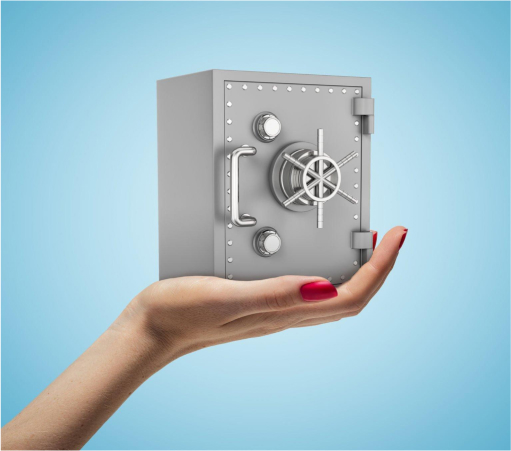
An investing tool that banks and non-banking financial institutions (NBFC) offer to their clients to help them save money is called as fixed deposit, or FD. With an FD account, you can invest a sizable sum of money for a set amount of time at a predefined rate of interest. You receive the lump payment and interest at the conclusion of the term, which is a wise financial strategy. For a fixed deposit account, banks provide a variety of interest rates. You can select a fixed deposit for a duration of no less than 7 days and no more than 10 years.
For this reason, an FD is sometimes referred to as a term deposit. If you open a fixed deposit account with a certain interest rate, it is assured because, regardless of any changes brought on by market volatility, the interest rate stays the same. Depending on your preference, you may get your interest either at maturity or on a regular basis. You cannot take the money out before the maturity date. You are required to pay a fine if you choose to. Knowing a fixed deposit's key characteristics is necessary to understand it clearly. The important ones are listed below:


A fixed deposit has assured returns. The return that was agreed upon when you opened your FD will be given to you. This is not the case with market-led investments, which provide returns based on changes in market interest rates. Even if interest rates decline, you will still be paid the agreed-upon interest rate. The fixed deposit is thus more secure than any other form of investing.
FDs with flexible duration and renewal options can be employed for tenures ranging from one week to ten years. When you open the FD, you can select the chosen term. On maturity, you can renew the FD just as easily, but be sure to check the interest rates first because they might change.
The Income Tax Act of 1961 permits a tax deduction for interest generated on the principal sum. When you file your taxes, you can include FD interest income in the "other income sources" category.
Your chosen tenure and principal amount will determine which rate of interest is better given. Typically, the interest rates for long-term FDs are greater while those for short-term FDs are lower.
Understanding fixed deposits' advantages is equally important as understanding their definition.
The Following entities are Eligible to open a Fixed Deposit Account in India:
Copyright© . Powered by Muviereck Technologies Pvt. Ltd. | All Rights Reserved .